AB 32 Ruling May Change Immigrant Detention Forever
A federal court in San Diego is set to rule on a case involving the use of private detention facilities, with broad implications for immigrants in detention in California and perhaps nationwide.
The suit initiated by the GEO Group Inc., one of the largest private prison companies in the world, was brought against the state of California when it passed AB 32, a groundbreaking bill that banned the operation of all private detention facilities within its border, including private civil detention facilities used by the federal government to house immigrants. GEO was joined in the suit by the federal government, with both parties claiming that AB 32 is an unconstitutional overreach by the state of California, and asked the court to invalidate the law and also declare current contracts in place for facilities as valid and immune from challenge.
The law prohibits private operators from signing any new contracts after January 1, 2020. Advocates allege that ICE and private prison companies colluded to sign 15-year contracts weeks before the ban was set to take effect in an effort to skirt the law. The contracts have drawn criticism, including an oversight letter signed by more than 20 congressional representatives.
During the first hearing in the case, U.S. District Judge Janis Sammartino issued a tentative ruling in favor of the state of California and appeared inclined to largely uphold the law. She referred to the lawsuit as “fascinating and complex” and noted that more than 100 members of the public had called in to listen to the hearing.
A finding that AB 32 is constitutional would serve as a severe blow to the private prison industry, which operates multiple facilities in the state of California, including four out of the five immigrant detention facilities in the state.
A finding that a ban of this sort is constitutional may have even broader implications for the future of immigrant detention nationwide, as more than half of all immigrants in ICE custody are held in private facilities.
As Jordan Wells, an attorney with the American Civil Liberties Union of Southern California, told the LA Times. “The ruling is as much about ICE’s private prison enterprise across the country as it is about the ban on it here in California,” he said. “Because if California can do it, then other states can as well.”
Immigrant Legal Defense (ILD) and Immigrant Defense Advocates (IDA) had submitted an Amicus Brief to the court ahead of this hearing and were invited by the Judge to present on the case. The brief, which was filed in March of this year, centers on the GEO Group’s documented history of undue influence and bad-faith dealings in the state of California.
Jackie Gonzalez, attorney for Immigrant Defense Advocates, represented both parties before the court. The following is an excerpt from her court presentation; you can read the full statement here.
It is directly against the public interest to allow private corporations to enter into sham contracts with local governments in order to circumvent federal and state laws all while evading oversight and transparency.
By circumventing the contracting laws that they are supposed to follow, GEO and the federal government have undermined the federal contracting process. Because GEO and the federal government have thus far refused to release any information about the formation of these contracts the public cannot be sure that there are not improper motives, illicit financial incentives or other malfeasance that contravene the public interest – and there is ample evidence to suggest that all of these things have occurred.
That is why we are here today and why we filed our brief. To show the court that GEO appears before you with unclean hands, and to point out just how many instances of inequitable conduct have been documented – even without the opportunity to conduct meaningful discovery on this matter.
...
I would like to leave you with one last thought: AB 32 was an expression of our State’s priorities, which value people over profits. We ask that you do not reward the bad faith conduct of a private corporation that subverts the rule of law, our democratic institutions and most importantly human life in its pursuit for profit.
A written ruling on the case is expected in the coming weeks.

